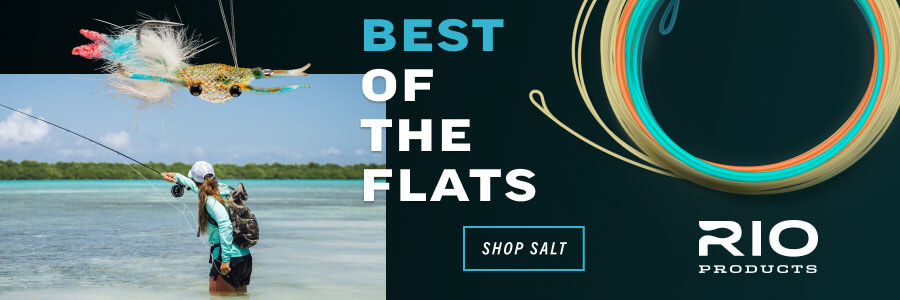Black Caddis and Ether Dreams
This black caddis hatch has become the proverbial popcorn husk stuck behind my editorial molar. Every year I insert it into the edit plan, and every year I am asked, “Why do you even bother?” This year, I no longer have an answer.
If you’re not familiar with the black caddis hatch on the Watauga River in East Tennessee, then you must not be from ‘round here. The hatch has the biggest bugs the tailwaters see, in numbers that cover the water with clumsily fluttering size 12 wings. Every fish in the river knows it’s happening and RSVPs to the party well ahead of time. Brown trout not seen during bankers’ hours lazily chase caddis across the surface in broad daylight for all to see. Fish that you fool will often regurgitate caddis from the swollen gullets as if your boat was an Uber ride on a Saturday night in any major city in the world. At least that’s the way it’s neatly assembled, packaged, and sold by every guide service within a hundred miles. It’s not the guide’s fault though, because that’s the way it’s talked about by every person who’s ever experienced exactly the right day amidst it.
Like most things we build up in the most hopeful corners of our minds, it rarely lives up the billing we’ve given it. Predicting the right caddis day on the Watauga is like trying to grab water out of the river with your hand. Variables of generation schedules, spring weather patterns, available days, and solid caddis intelligence must all align at the exact right moment like some sort of Davinci Code fishing puzzle for the thing to happen right. You’ll line up two or three and the others will rotate farther away. You go chasing those and they’ll change the generation. It’s a constant mindfuck only made worse by the always ticking clock in your head letting you know that Mother’s Day is just around the corner and the end is nigh. What’s worse than this anxious monthlong torture? When you wrangle all the elements of time and space into their respective slots and you find yourself on the river—the right flows, sun on your cheek, and bugs in your teeth—the fucking fish don’t eat them. Or they eat sulfurs.
I’ve experienced all of this firsthand over the last couple decades. But every once in awhile, like once every four or five years, it’s as good as everybody says it is. Pure euphoria in a tidy eight-hour float. It really is as good as fishing for trout can possibly be anywhere. I don’t like describing fishing in sexual terms as I find it to be crass, so let’s just say there have been days I have fallen out of the boat into a blubbering heap on the takeout ramp and cried. Actually I wailed like a mother who had lost a child. But these were wails of pure fishing titillation and release. When it’s good, it’s the best.
This single-A batting average nature of this hatch is conveniently glossed over in the tales of spring caddis and Tennessee trout. I can no longer play this game with the river gods. This is my caddis story. You are reading it right now. Tomorrow I will go, with two of the fishiest people I know, and try to fill these pages with the pictures of engorged trout and the black caddis on the tip of everyone’s tongue. I heard they were all over my buddy’s boat two days ago, but either way, this is it. No more reserved editorial slots for this hatch. I will cast off my Trichoptera shackles and live the rest of my life free of this infernal hatch. Unless it’s good tomorrow. I hope it’s going to be good. I think it’ll be good. I bet it’s going to be really good.
Epilogue: While the fishing was fair to good, none of these pictures have any black caddis in them. We missed it again. Lucky for us, May sulfurs on Tennessee tailwaters rarely disappoint. I would like to thank my friends Rand and Knox for letting me row them all day, while netting all their fish and taking pictures of the good ones. Thanks fellas, that was swell.



